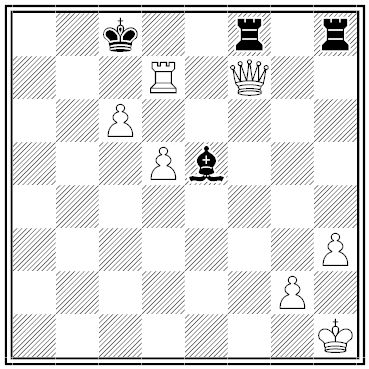Time and Motion
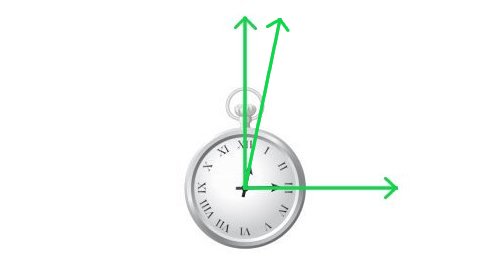
It’s impossible to trisect an angle using a compass and a straightedge, but in 1947 Leo Moser showed how to do it with a pocketwatch. At noon align the watch’s hands with one side of the angle (above, XII), then wait until the minute hand has crossed to the other side (III). At that point the hour hand will have measured one-twelfth of the angle. Double that twice and you have your trisection.
“Now you can trisect an angle anytime, anyplace, for anyone who asks,” writes Underwood Dudley in A Budget of Trisections. “But no one ever will.”
“Continence”
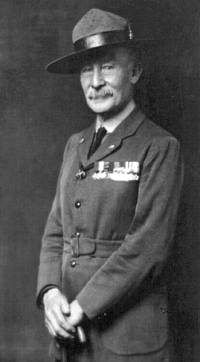
In writing the first edition of Scouting for Boys in 1908, Robert Baden-Powell planned to include a section on self-abuse.
“You all know what it is to have at times a pleasant feeling in your private parts,” he wrote, “and there comes an inclination to work it up with your hand or otherwise. It is especially likely to happen when you see a dirty picture or hear dirty stories and jokes. Well, lots of fellows from not knowing any better, please themselves in this way until it often becomes a sort of habit with them which they cannot get out of.”
“The result of self-abuse is always — mind you, always — that the boy after a time becomes weak and nervous and shy, he gets headaches and probably palpitation of the heart, and if he still carries it on too far he very often goes out of his mind and becomes an idiot. A very large number of the lunatics in our asylums have made themselves ill by indulging in this vice although at one time they were sensible cheery boys like any one of you.”
Baden-Powell had consulted with his mother as to whether to include the section. He removed it at the strong advice of his publisher.
Late Bloomer
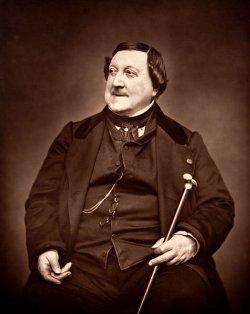
Gioachino Rossini was born on a leap day, Feb. 29, 1792.
Because 1800 was not a leap year, he took 12 years to reach his second birthday.
Corner Market

Does every closed curve contain the vertices of a square?
No one knows.
In a Word
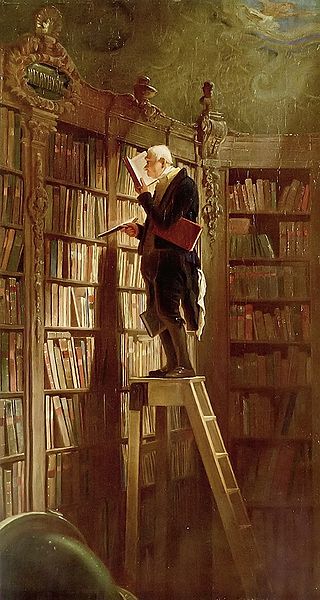
omnilegent
adj. having read everything
Alternative Energy
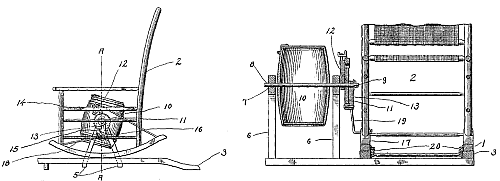
Alfred Clark patented a labor-saving brainstorm in 1913 — a churn operated by a rocking chair.
He was actually late to the party — Julius Restein had patented an even better solution 25 years earlier.
Math Notes

Declined With Thanks
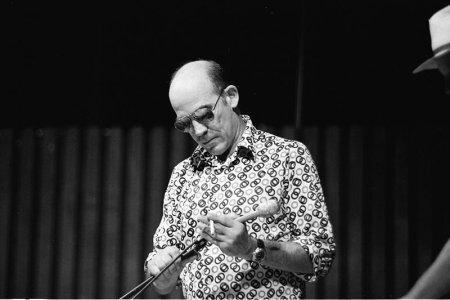
When Hunter S. Thompson published Fear and Loathing in Las Vegas, writers began to send him manuscripts, hoping he could help to get them published in Rolling Stone. Thompson sent a package of their poems to the magazine’s poetry editor, Charles Perry. “I don’t know about this stuff,” he wrote. “If you feel the same way, send it back to them with this” — and he included a prepared rejection letter:
You worthless, acid-sucking piece of illiterate shit! Don’t ever send this kind of brain-damaged swill in here again. If I had the time, I’d come out there and drive a fucking wooden stake into your forehead. Why don’t you get a job, germ? Maybe delivering advertising handouts door to door, or taking tickets for a wax museum. You drab South Bend cocksuckers are all the same; like those dope-addled dingbats at the Rolling Stone office. I’d like to kill those bastards for sending me your piece … and I’d just as soon kill you, too. Jam this morbid drivel up your ass where your readership will better appreciate it.
“We actually sent it out to a couple of people, thinking they would appreciate it,” Perry recalled later. “One person took it to a lawyer and asked whether he could sue us, and the lawyer said, ‘No, you don’t have a leg to stand on … but could I Xerox it?'”
“Hop, The Famous Sow”
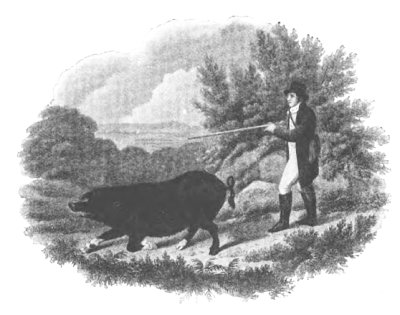
This wonderful animal, of New Forest breed, early took a fancy to some pointer puppies that were being broken, and was ultimately trained as an invaluable pointer herself. She would often go out a little way with the puppies, and was gradually coaxed into doing as they did by means of a sort of pudding made of barley-meal. The puppies could be cuffed for misbehaviour, but a pocketful of stones was necessary in the case of the sow. She at length quartered her ground in grand style; backed other dogs when she came on game, and was so staunch as to remain five minutes or more on her point.
— Strand, December 1896

